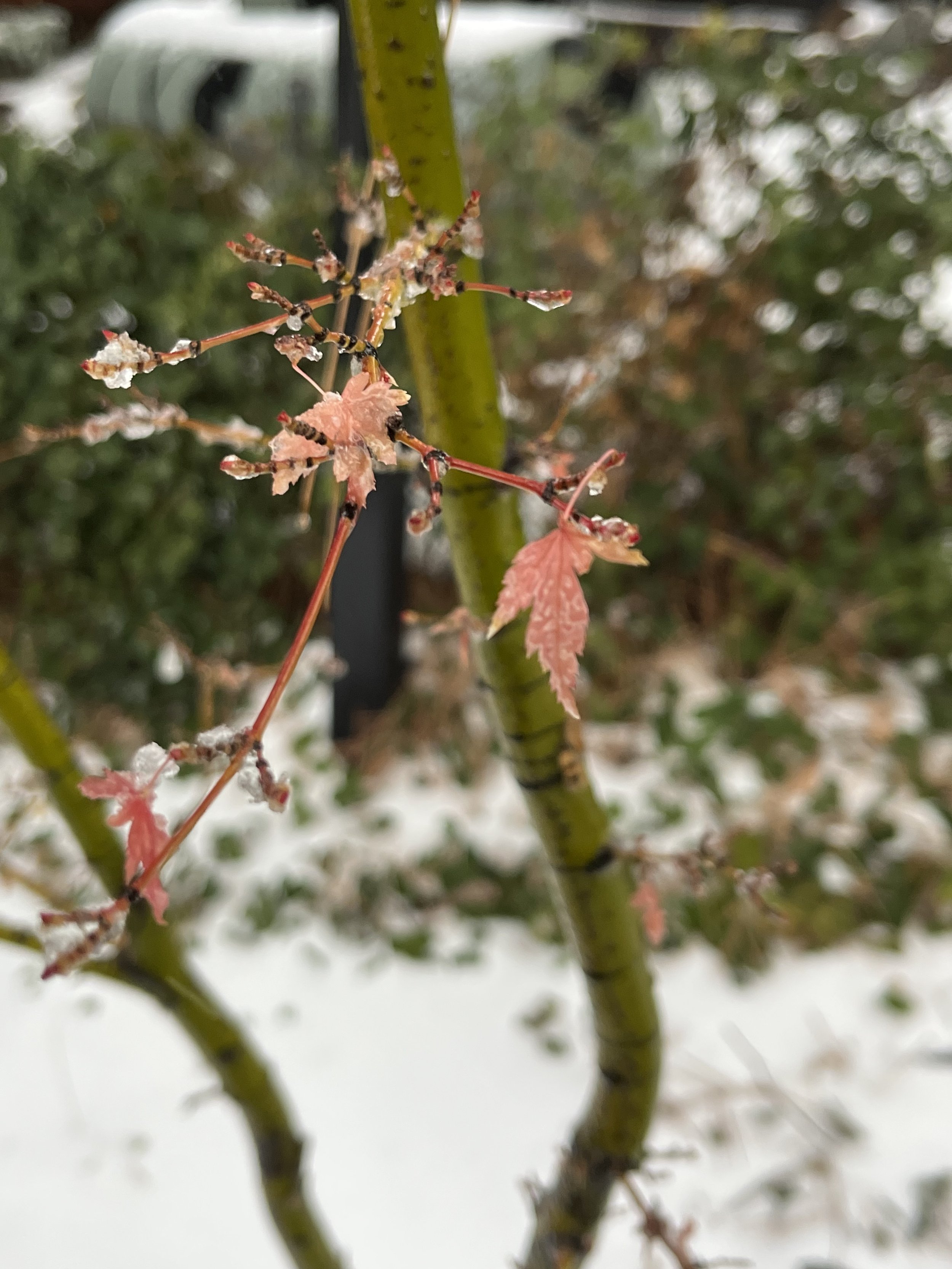
Book Reviews and Cultural Criticism
• “Shepherd’s Life: A Conversation with Helen Whybrow on The Salt Stones,” Orion, June 2025
• “What Would It Take to Re-Sacralize Nature?” Review of Robert Macfarlane’s Is A River Alive? LARB, May 2025
• “The Languages and Lessons of Stone: A Conversation with Marcia Bjornerud,” Orion, August 2024
• Review of Becca Rothfeld’s All Things Are Too Small: Essays In Praise of Excess, The Millions, May 2024
• Review of Margo Steines’ Brutalities: A Love Story, The Millions, February 2024.
• Review of Audrey Clare Farley’s Girls And Their Monsters: The Genuine Quadruplets and the Making of Madness in America, Los Angeles Review of Books, June 2023.
• Review of Erica Berry, Wolfish: Wolf, Self, and the Stories We Tell About Fear, in The Millions, March 2023
• Review of Sasha LaPointe, Red Paint: The Ancestral Autobiography of a Coast Salish Punk, in the Los Angeles Review of Books, June 2022
• “Ding Dong! Avon Calling! Review: Opening Doors for Women,” The Wall Street Journal, June 29, 2021
• Review of Ashley Ford, Somebody’s Daughter: A Memoir, in The Los Angeles Review of Books. October 2021
• “Scrutinizing the Ties the Bind: Melissa Febos’s Girlhood,” The Rumpus, July 2021
• Review of Ashley Ford, Somebody’s Daughter: A Memoir, in The Los Angeles Review of Books. October 2021
• “The Logic of Eugenics Still Haunts Virginia,” Review of Elizabeth Catte’s Pure America: Eugenics and the Making of Modern Virginia, The Boston Review, January 2021
• “The Mythic Whiteness of the Hillbilly,” Review of Ron Howard’s Hillbilly Elegy, The Boston Review, November 2020
• “Angels in the Market,” Aeon Magazine, September 2020
• “Black Childhood as Idyll: On Vivian Gibson’s “The Last Children of Mill Creek,” in The Los Angeles Review of Books, September 28, 2020
• “The Utopian Turn: Reimagining YA in kt mather’s Rage is a Wolf,” in The Los Angeles Review of Books, June 2020
• “East of Eden: On Rachel Monroe’s Savage Appetites,” in The Los Angeles Review of Books, October 2019
• “Treasures on Earth and in Heaven: On Briallen Hopper’s Hard to Love,” in The Los Angeles Review of Books, May 2019
• “Again? Again: Reading Leslie Jamison’s The Recovering,” in The Los Angeles Review of Books, April 2018
• “Tough Little Numbers: Women and the Art of Criticism,” in The Millions, April 2018
• “Double Binds: On Morgan Jerkins’s This Will Be My Undoing,” in The Millions, January 2018
• “The Alchemy of Pain: Melissa Febos’s ‘Abandon Me,’” in The Los Angeles Review of Books, March 2017
• “Imaginary Children: Belle Boggs on The Art of Waiting,” Book Review, The Los Angeles Review of Books, September 7, 2016
• “Donald Trump’s Capitalist Christianity Has Old Roots,” The New Republic, December 15, 2016.